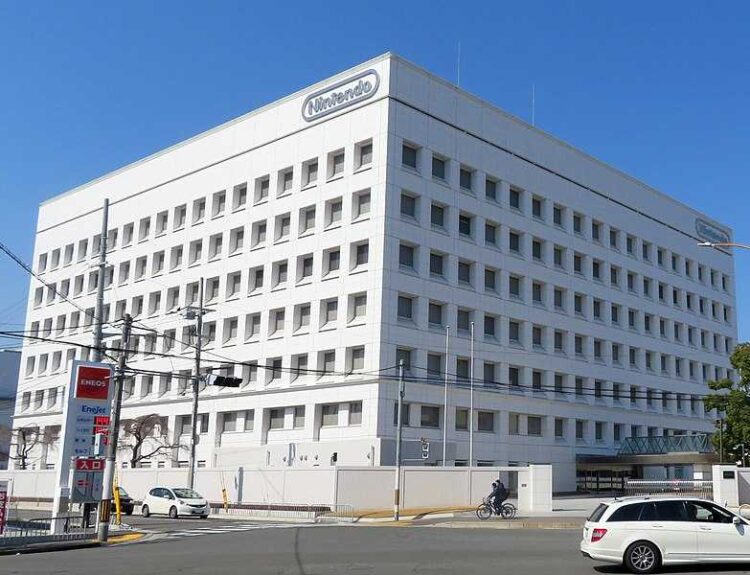Lower than expected profits and slowing demand impact luxury goods industry
- Richemont stock leads declines in Europe’s luxury sector
- Lower than expected first-half profits due to geopolitical angst and weakening European economy
- Sales rose by 6% to €10.2 billion, below analysts’ expectations
- Soft demand in Europe, while Americas and Asia-Pacific saw growth
- Luxury goods groups warn of slowing demand and economic growth
- Richemont stock fell more than 5%, LVMH shares fell more than 3%
- Paris CAC 40 down 0.8%, Frankfurt’s DAX down 0.6%, London’s FTSE 100 down 1.3%
- Diageo shares slumped more than 15% on weaker sales in South America
- Eurozone monetary guardian will not cut rates for at least the next couple of quarters
Shares in Richemont led Europe’s luxury goods sector lower on Friday as the Swiss-based group reported lower than expected first-half profits. Sales rose by 6% to €10.2 billion, falling short of analysts’ expectations. Soft demand in Europe was the main factor behind the disappointing results, while the Americas and Asia-Pacific saw growth. This decline in the luxury goods sector is part of a broader trend, with other luxury groups also warning of slowing demand and economic growth. Richemont stock fell more than 5%, while LVMH shares fell more than 3%. The Paris CAC 40, Frankfurt’s DAX, and London’s FTSE 100 also experienced declines. In addition, Diageo shares slumped more than 15% due to weaker sales in South America. Meanwhile, the eurozone monetary guardian, the European Central Bank, stated that it will not cut rates for at least the next couple of quarters as it aims to return inflation to its target.
Factuality Level: 7
Factuality Justification: The article provides information about Richemont’s lower than expected profits and the reasons behind it, such as geopolitical angst and a weakening European economy. It also mentions the performance of other luxury goods groups and the impact of global economic growth concerns on the stock market. The information provided seems to be based on factual data and statements from company officials. However, there is some repetition of information and the article could have provided more context and analysis.
Noise Level: 3
Noise Justification: The article provides relevant information about Richemont’s lower than expected profits and the factors that contributed to it, such as geopolitical angst and a weakening European economy. It also mentions the impact of slowing global economic growth on luxury goods demand. However, the article contains some repetitive information and does not provide a deep analysis or actionable insights.
Financial Relevance: Yes
Financial Markets Impacted: Shares in Richemont and other luxury goods companies
Presence Of Extreme Event: No
Nature Of Extreme Event: No
Impact Rating Of The Extreme Event: No
Rating Justification: The article discusses the lower than expected profits of Richemont due to geopolitical angst and a weakening European economy. It also mentions the slowing demand in the luxury goods sector as the post-COVID bounce subsides and consumers struggle amid stuttering global economic growth and higher interest rates. However, there is no mention of any extreme events or their impact.
Public Companies: Richemont (CFR), LVMH (MC), Kering (KER), Hermes (RMS), Diageo (DGE)
Key People: Johann Rupert (Richemont chairman), Sophie Lund-Yates (lead equity analyst at Hargreaves Lansdown), Christine Lagarde (European Central Bank President)
Reported publicly:
 www.marketwatch.com
www.marketwatch.com 





